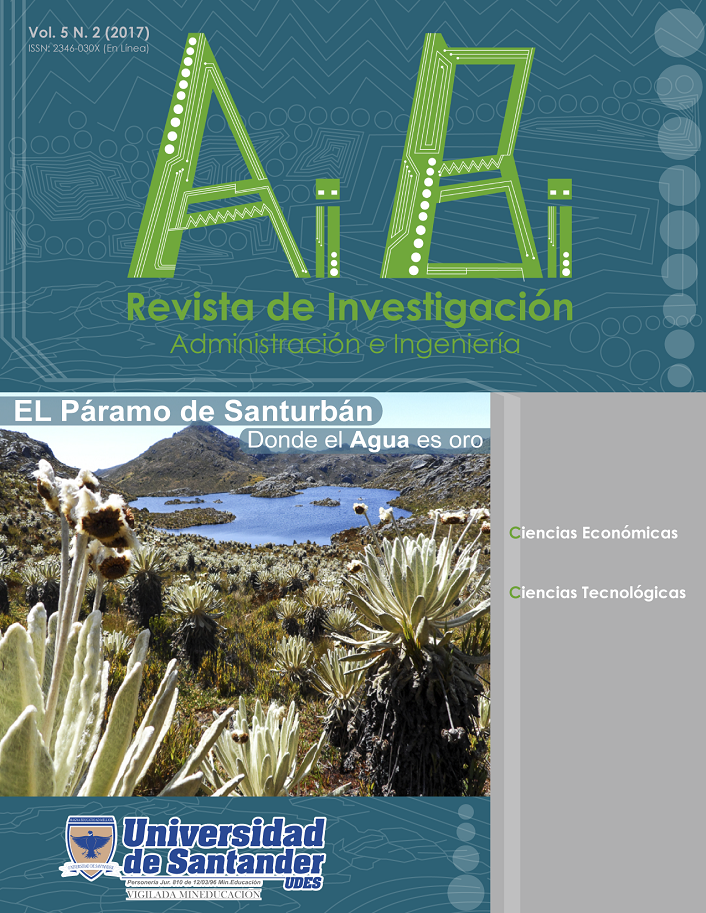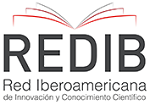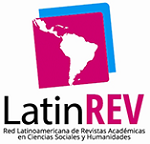The didactic use of the ICT in the improvement of the didactic work in the colombian school.
DOI:
https://doi.org/10.15649/2346030X.436Keywords:
Information and Communication Technologies, Primary Education, didactics.Abstract
The purpose of the study was the didactic use of tics in the improvement of didactic work in the Colombian school and the
importance of inclusion in the field of education of information and communication technologies (Tics). In this regard, it was assumed the
need to innovate the formative quality of the training act where traditional pedagogical and didactic foundations predominate. The La
Pamplona Technical College, Norte de Santander, Colombia, was selected to conduct a descriptive and field investigation, with the support of
two questionnaires: one for teachers and another for students, both of fourth, fifth and sixth grade, together with notes of field It was obtained
that some teachers diagnose, and others not, the previous knowledge of the students regarding the use of Tics, they have used games, videos,
internet and CD for some classes; however, they do not diversify these resources. The students prefer games, writing and reading with Tics
References
Furlan, A. y Ezpeleta, J. (2014). Innovaciones educativas. Reflexiones sobre los contextos en su implementación. Revista Mexicana de Investigación Educativa, México, 9, 21.
Álvarez, J. (1987). El rol de la computadora en la enseñanza de la lectoescritura. Lectura y Vida, 8(3), 26-34.
Escudero, J. (2001). La educación y la sociedad de la información: cuestiones de contexto y bases para un dialogo necesario. Junta de Extremadura. Consejería de Educación, ciencia y tecnología. Mérida, España-.
Blázquez, F. (2001). Sociedad de la Información y Educación. Consejería de Educación, Ciencia y Tecnología Dirección General de Ordenación, Renovación y Centros. Mérida, España.
Galvis P., Á. H. (2014). Las políticas TIC en los sistemas educativos de América Latina Caso Colombia. Fondo de las Naciones Unidas para la Infancia (UNICEF), Buenos Aires.
Ley General de Educación (1994). Congreso de la República de Colombia.
Solano F., I. M. (2009). Las Tics para la enseñanza en el aula de secundaria. Universidad de Murcia
Sánchez C., P. (2014). Tic y didáctica de la geografía: el papel del sig en la educación secundaria. Universidad de Cantabria.
Morelos, M. (2011). Los recursos tecnológicos en educación: recursos subutilizados en la actualidad. Revista Digital de Investigación Educativa Conect@2. Año II, II Edición. Abril, 2011.
Martínez F., R. (2004). Concepción de aprendizaje, metacognición y cambio conceptual en estudiantes universitarios de psicología. Universidad de Barcelona. Tesis doctoral.
Coll, C. (2008). Los desafíos de las TIC para el cambio educativo. Coord. Roberto Carneiro, Juan Carlos Toscano, Tamara Díaz, Colección METAS EDUCATIVAS 2021. pp. 113- 126. Madrid: Santillana.
Castañeda P., M. L. (2011). Tecnologías digitales y el proceso de enseñanza-aprendizaje en la educación secundaria. UNIVERSIDAD NACIONAL DE EDUCACIÓN A DISTANCIA. Tesis doctoral.
Ander- Egg, E. (1996). Técnicas de investigación social. (Vol. 24). México: El Ateneo.
Briones, G. (1992). La Investigación Social Y Educativa. Bogota: Secab.
Barriga, F. Y Hernández, G. (1999). Estrategias de enseñanza para la promoción de un aprendizaje significativo. Capítulo 5, México, McGraw Hill. [En Línea]. Disponible en: cursoampliacion.una.edu.ve/disenho/paginas/Barriga5.pdf
Adames, A. (2009). Medios audiovisuales en el aula. Pedagogía de los medios audiovisuales. Nro. 19, 5-12.
Downloads
Published
How to Cite
Issue
Section
Altmetrics
Downloads
License
The journal offers open access under a Creative Commons Attibution License

This work is under license Creative Commons Attribution (CC BY 4.0).












